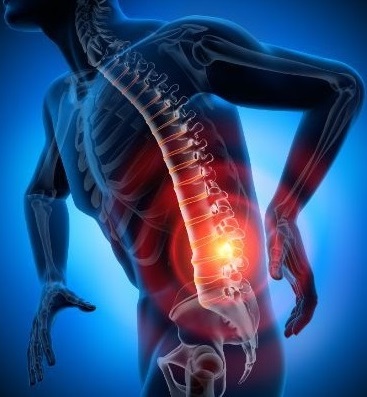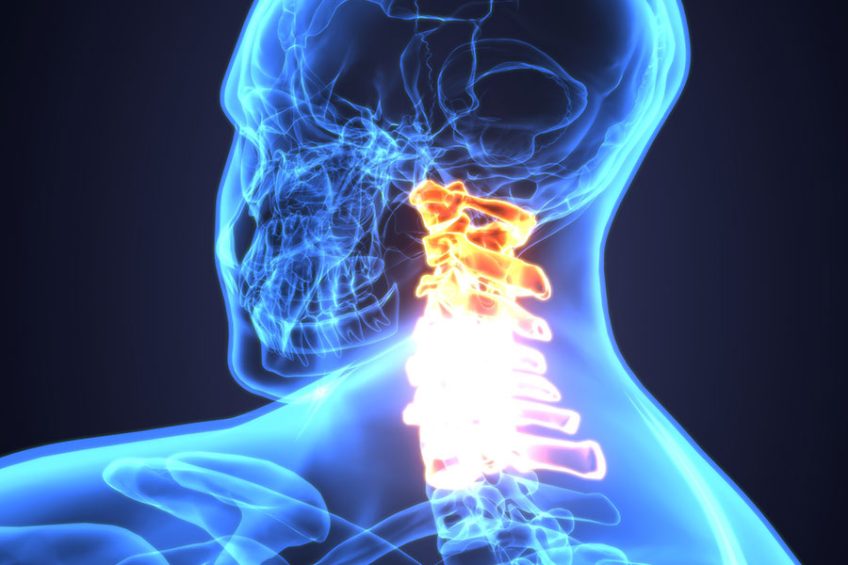The World Health Organization estimates that between 250,000 and 500,000 people worldwide suffer from some form of spinal cord injury (SCI) each year. The United States alone, according to figures released by the National Center for Vertebro-Medullary Accident Statistics, has 54 cases per million population, which translates into 17,000 new cases of SCI each year, the current number of SCI survivors (in US).
Most spinal cord injuries can be attributed to accidents (traffic and others), falls and acts of violence. These can be called traumatic causes and represent 90% of cases of spinal injuries. Disease, degeneration and other causes account for the other 10%.
CONTENT:
What are the causes of Spinal Cord Injury?
- trauma to the vertebrae, intervertebral cartilage or ligaments, but also to the spinal cord. Trauma can consist of fracture, dislocation, crushing or compression of one or more vertebrae. The most common causes of these injuries can be: road accidents, falls, sports, alcohol consumption, acts of violence;
- non-traumatic injuries: can be caused by arthritis, cancer, infections, inflammation, cartilage degeneration;
- damage to the medullary nerves.
What are the symptoms of Spinal Cord Injury?
In addition to the obvious physical injuries that indicate a spinal cord injury, chronic pain includes severe headaches.
The direct result of spinal injuries is paralysis, and this will manifest itself in varying degrees depending on the severity of the injury.
Bladder and bowel control is compromised, making incontinence one of the main symptoms of spinal cord injuries.
Pneumonia is especially prevalent among patients with cervical spine injuries.
Mood swings and personality changes are also symptoms of spinal cord injuries.
Loss of fertility and sexual dysfunction will invariably occur as a result of spinal cord injuries.
Sometimes, the severity of the injury may require the patient to use a feeding tube and / or a breathing tube.
What is the treatment of Spinal Cord Injury
Emergency intervention
- maintaining respiratory capacity
- shock prevention
- immobilization of the neck to prevent further damage to the spinal cord
- avoidance of possible complications such as the formation of blood clots in the limbs, etc.
- medication to control pain, muscle spasticity, improve sexual function, urination and defecation
- immobilization of the neck or immobilization in bed
- surgery
Natural treatment
Because it requires emergency medical intervention, spinal cord injury cannot be treated by natural methods. For the subsequent restoration of the spinal cord, the following supplements may be helpful:
- Curcumin
- Calcium
- Vitamin D
- Omega 3 (in the form of food supplements or by increasing the consumption of fish or flax seeds)


